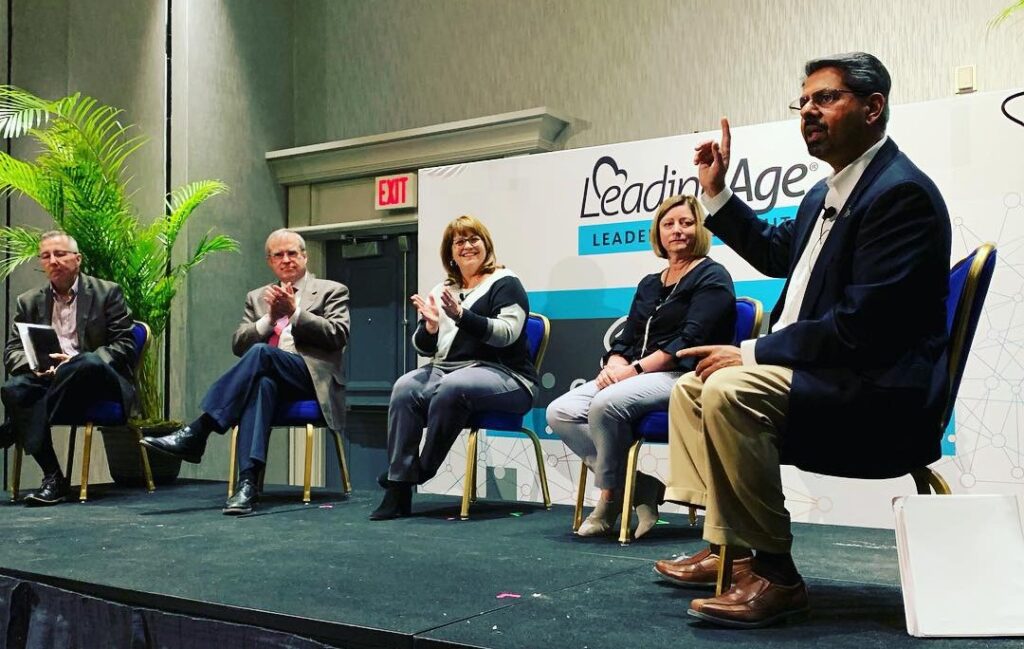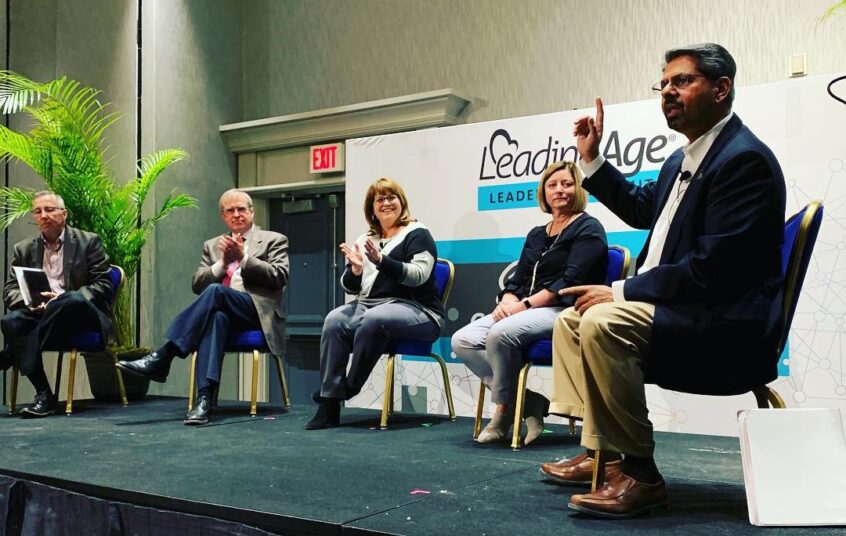by Sarah Starcher, Administrator and Executive Director
Published March 26th

Recently, our CEO Deb and I spent four days in our Nation’s capital at the LeadingAge Leadership Summit. As a re-vamp of the LeadingAge PEAK Conference from years past, this new and improved conference design focused on innovative conversations and relationship building between post-acute providers and vendors.
Deb attended a session on Sunday with Priya Parker, author of The Art of Gathering, and came away wanting to revamp our onboarding and orientation process to better show how we are as a company, rather than all the policies and procedures we need newly hired staff to know.
The Monday Morning Thought Leadership Session focused on the changing healthcare and service delivery landscape with a big focus on the new survey from LeadingAge and NORC at the Univertisty of Chicago from the Boomer generation. The main point driven home was that assumptions around long-term-care have shifted in the last decade, especially related to assistance in care when experiencing dementia or other cognitive decline. More about the survey can be found here.
My first session on Monday morning focused on if Eldercare can be Amazoned or Ubered. An interesting concept, that when fleshed out, really came down to how innovation is what happens when the alternative is nothing. As many who work in the Long Term Care field know, Medicare and Medicaid aren’t giving much these days, so now we all must become more innovative in how we deliver our care. One topic discussed at length was using the technology of Amazon’s Alexa to allow seniors and the disabled population the ability to have hands-free health. One such company is Voice First, which is HIPAA- compliant and currently running pilot projects to show its efficiency.

On Tuesday, I attended a session on Dependency and Self-Determination Reconsidered. The session, with Susan Wehry of the University of New England, gave insight to risk tolerance, including how we should encourage all to be as independent as possible and ensure our residents have the ability to self-determine as much of their care as they can. This is especially important for us at Byron Health Center because so many of our residents tend to be much younger than residents in most other nursing homes. They want the ability to do as much for themselves as possible. And for those residents who are non-verbal or have had a cognitive decline, we make sure to include them in as many decisions as possible, especially related to their bathing schedule, wake and sleep schedules, clothing and dining preferences and most importantly, what gives them purpose throughout their day. We also discussed that we all have to fail. And, despite regulations, we should allow our residents the opportunity to fail, because it is basic to us as humans. This is how we learn, after all.
Finally, on Wednesday, many providers stormed the halls of the US Congress to advocate for the seniors and the disabled that live in our communities. While members of Congress were on recess and back in their districts, Deb and I met with aides in the offices of Reps. Pence, Walorski, Baird and Banks, as well as Senators Braun and Young. We discussed the importance of HUD 202 Funding for Low Income Housing for Seniors, as well as obstacles to workforce issues such as the CNA Lockout and the Foreign Guest Worker Program. We will also be working in the coming months on a local and state level with elected officials regarding workforce obstacles.

While being on the Byron Health Center campus and spending time with residents and staff is always our first priority, to learn about new innovation and regulation as well as advocate for them, is just as important. We are inspired to take this new knowledge and continue to improve the high-quality of care our staff provides as well as provide our staff with new tools to accomplish their work.

